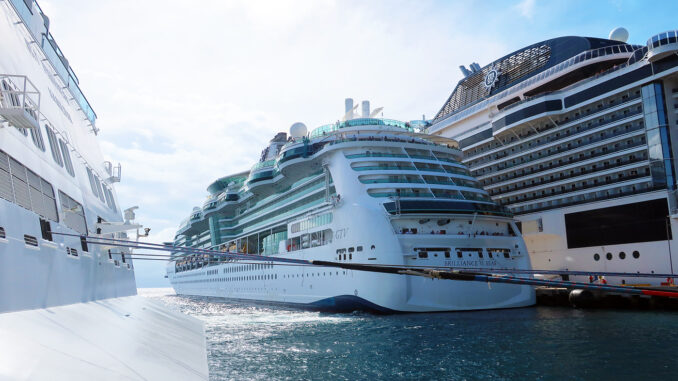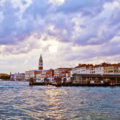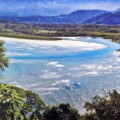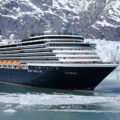
New Zealand has turned away eight ships this season for having too much sea life growing on their hulls. The issue was caused by long layups during the COVID-19 pandemic, Biosecurity New Zealand told industry publication Seatrade Cruise News.
Biofouling is the accumulation of microorganisms, plants, algae, or small animals on a ship’s hull that can end up introducing unwanted marine life in the water around ports, the agency said. So far this winter, Queen Elizabeth, Azamara Quest, Seven Seas Explorer, Silver Whisper, Pacific Explorer, Coral Princess, Viking Orion and Le Lapérouse have been turned away from various New Zealand ports.
Five of the ships were allowed to continue on restricted itineraries in less sensitive areas like Fiordland National Park. The other three were allowed to complete their proposed itinerary, with instructions on how to prepare for any future voyage to New Zealand, Biosecurity told Seatrade. In Australia, Viking Orion was cleaned while offshore of Adelaide before being allowed to complete its cruise in Sydney.
Factors contributing to the condition of hulls are the year and a half without maintenance, the number of inexperienced crew on ships post-pandemic and a lack of qualified divers to do the clean-ups, according to Paul Hallett, Biosecurity’s environmental health manager.
The risk of fouling while ships are not sailing for long periods was highlighted at the start of the COVID layups in April 2020 by Sonihull, a British company that makes antifouling systems.
Layups are going to have a very detrimental impact on the condition of their hulls, sea chests and raw seawater cooling systems, warned Sonihull CEO Darren Rowlands at the time.
“Without regular use, the antifouling systems that usually protect these vessels, like anti-fouling paints and impressed-current systems, will not function and the vessels will become infested with unwanted marine growth very quickly. In warm waters, this can happen within a matter of weeks,” he said. The company makes technology using ultrasound to prevent algae, weeds and molluscs from attaching to surfaces.





